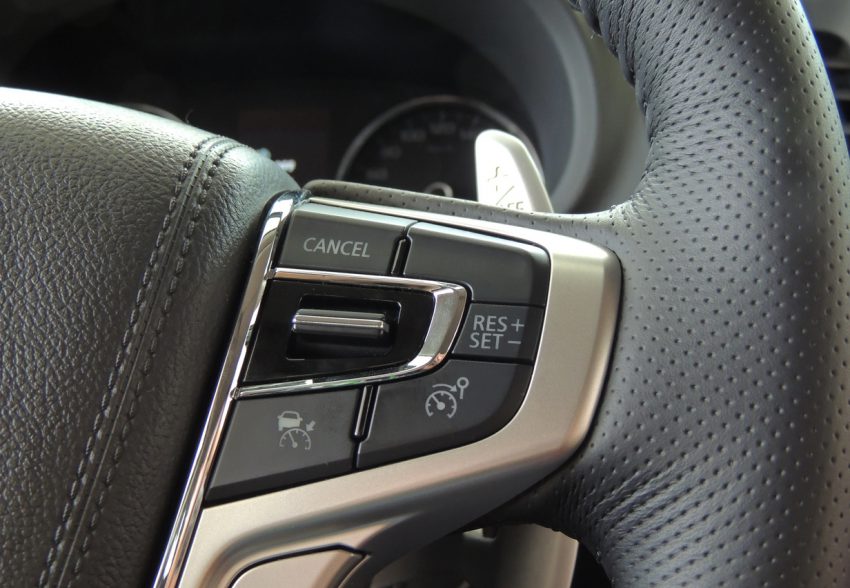
From the beginning of July 2022, all new cars sold in the UK will have to be fitted with a speed limiter. We investigate what this means for car owners and how it will change driving.

From the beginning of July 2022, all new cars sold in the UK will have to be fitted with a speed limiter. We investigate what this means for car owners and how it will change driving.

The Highway Code will never rank as a right riveting read. So it’s possibly no surprise that a third say they haven’t read the rules of the road since passing their driving test. And according to Halfords Autocentres’ research one in five haven’t read it for at least 10 years.
But while the Highway Code is hardly a page turner, it is vital drivers keep up to date with it. Our road environment, not to mention the technology aboard our cars, is changing at an astonishing rate. And the Highway Code is updated on a rolling basis to reflect this. Between 2015 and 2018, the rules of the road have been updated 48 times. Take our quiz to find out how up to date you are.
A fifth of drivers (21 per cent) think new speeding fines will have little effect. Three quarters (73 per cent) of those believe the lack of police enforcement means drivers will ignore the new fines, even though they could be hit harder in the pocket if they are caught. And 74 per cent of drivers want the speed limit on UK motorways to be increased to 80mph.
Research into the attitudes of British drivers to speeding by Green Flag revealed that new speeding guidelines, which come into effect on April 24, 2017, are unlikely to yield the desired results. The government made the changes after some local authorities in the UK reported a significant increase in drivers caught speeding compared to the previous year.
New fines will see drivers hit with a penalty that could cost them up to 175 per cent of their relevant weekly wage. According to Government figures the average weekly wage is £507. It means a driver who exceeds 101mph could be banned for 56 days and receive a £887.25 fine. Green Flag’s Simon Henrick said: “Even though this new fine structure could leave some out of pocket, drivers seem to think speeding is such a serious offence that it deserves more rigorous enforcement by the authorities.”
Speeding drivers will soon face much higher fines and stricter penalties. On April 24 2017, new guidelines set by the Sentencing Council will come into effect in the UK. Those caught driving at more than 101mph in a 70mph speed limit could be disqualified for up to 56 days and get a fine of between 125 and 175 per cent of their relevant weekly income.
Although the motorway fines have taken the headlines, drivers are most likely to be affected by the new fines and penalties on slower roads. If you are caught at between 31 and 40mph in a 30mph zone you will get three penalty points and a fine of between 25 and 75 per cent of your weekly income. Currently many drivers get away without points and a fine by paying for a speed awareness course.